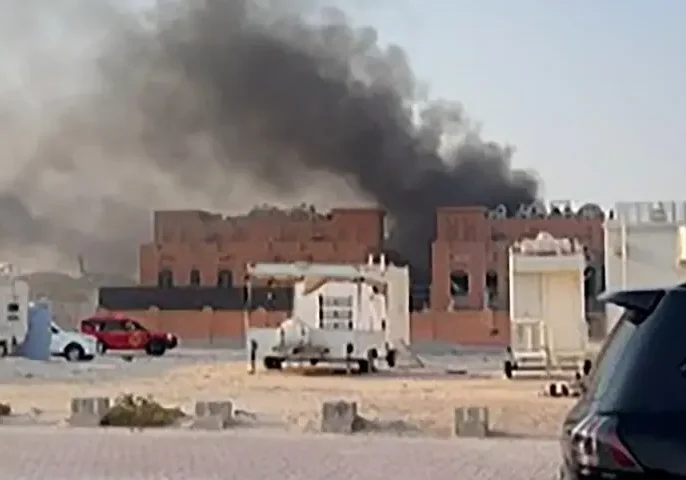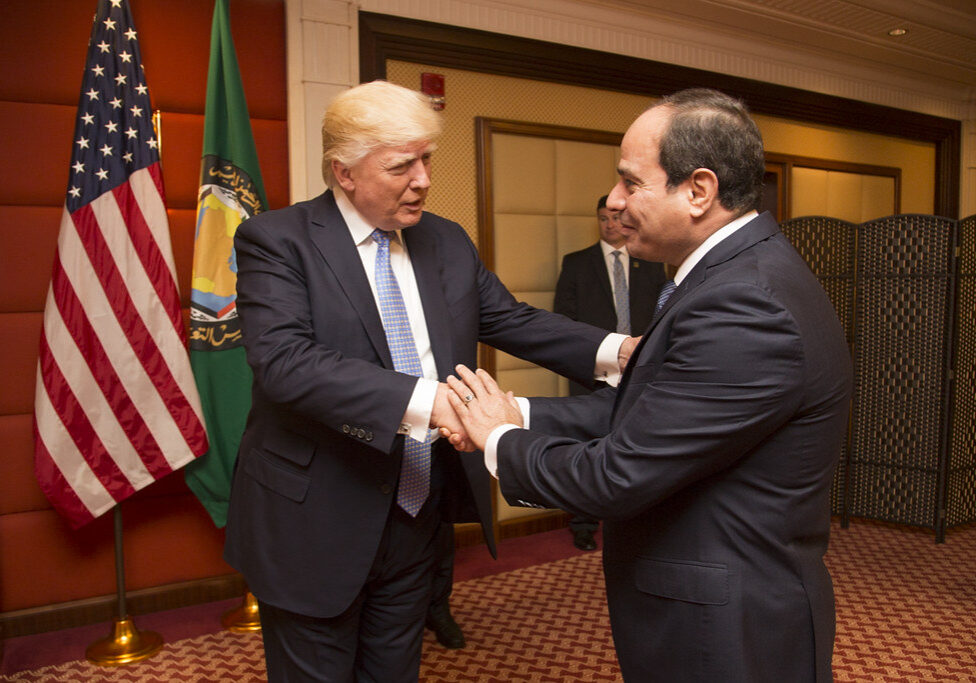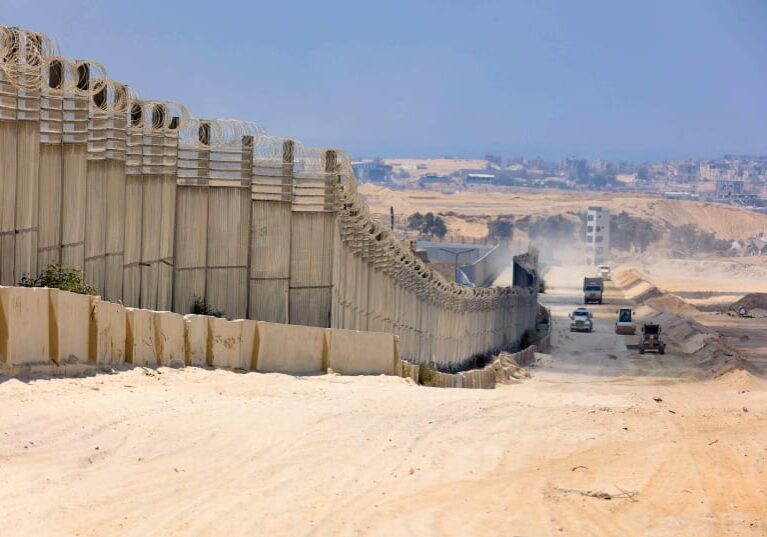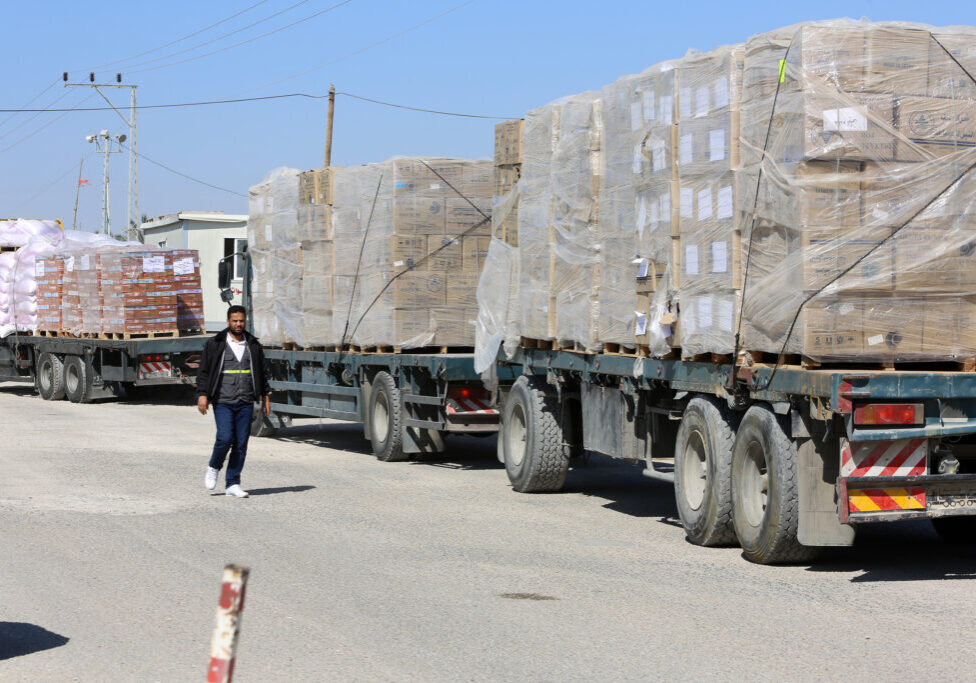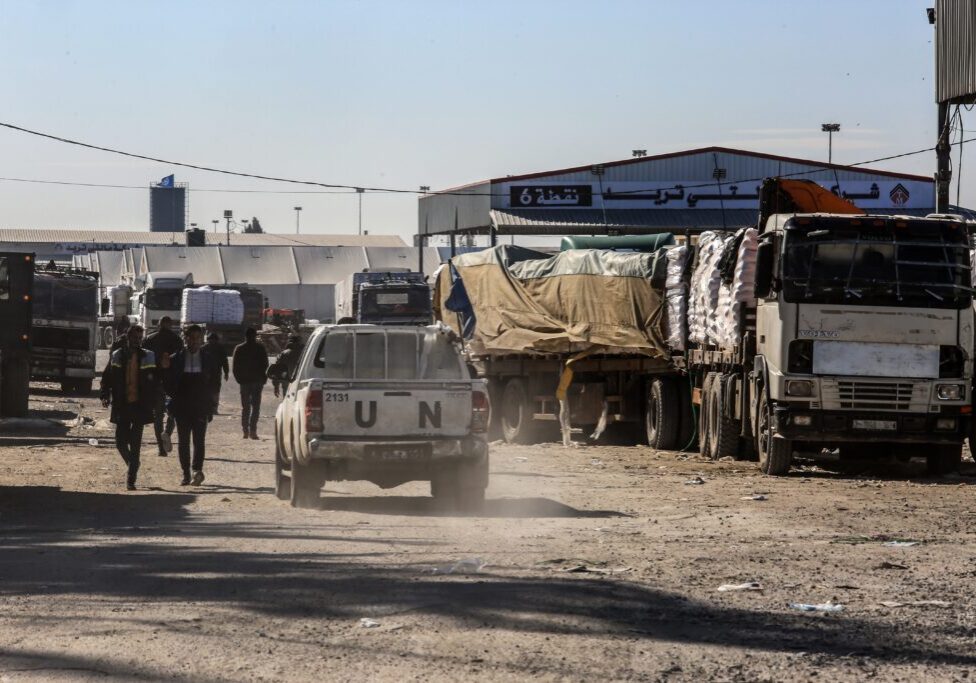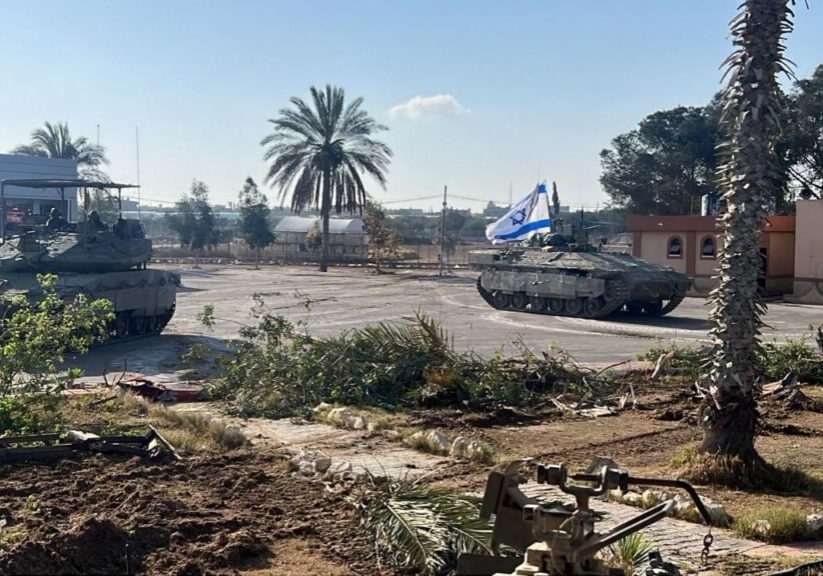Australia/Israel Review
Behind the News – August 2017
Aug 9, 2017 |
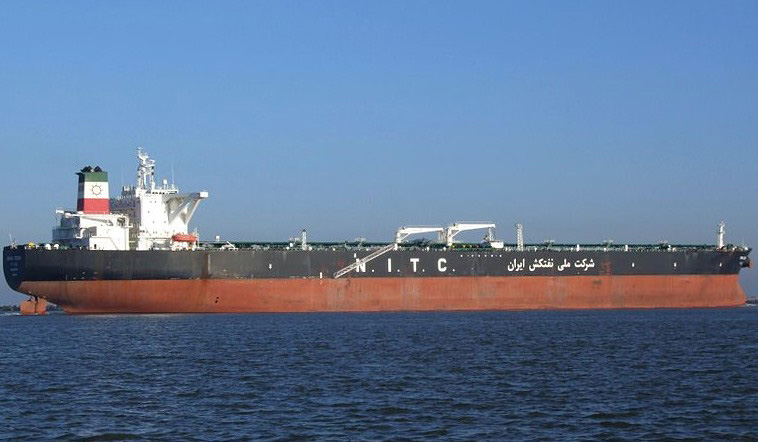
TERROR AND ROCKET REPORT
On July 14, three Israeli Arabs from Umm al-Fahm smuggled weapons into Jerusalem’s Temple Mount and, from there, shot at Israeli border police guarding the Lions Gate, killing Hail Stawi, 30, and Kamil Shanan, 22, both members of Israel’s Druze community. Israeli forces pursued the terrorists back onto the Temple Mount, killing them.
On the evening of July 21, a Palestinian infiltrated the West Bank settlement of Halamish and attacked a family having a Shabbat dinner to celebrate the birth of a grandson, killing three people and wounding another, before being shot and wounded by a neighbour. On social media, the terrorist cited metal detectors Israel had installed at the Temple Mount as motivation for his attack.
On July 23, a Jordanian maintenance worker stabbed a guard at Israel’s Amman Embassy with a screwdriver. Israeli officials believe he was also motivated by the Temple Mount situation.
There was also heavy rioting in Jerusalem and the West Bank in response to the Israeli security measures, leaving three Palestinians dead.
Meanwhile, other attacks involving shootings, stabbings, cars, rocks, Molotov cocktails and other explosives continued through July and late June.
On July 23, two rockets fired from Gaza hit southern Israel. Israeli forces responded by destroying a Hamas installation with tank-fire. An earlier rocket fired from Gaza struck Israel on June 26.
ISRAEL-PA DEALS ON WATER AND ELECTRICITY
On July 13, Israel and the PA signed a deal under which Israel will sell 32 million cubic metres of water to the PA annually, ten million cubic metres of which will go to Gaza. The water deal is part of a larger plan which will see a desalination plant built off Aqaba, in the south of Jordan, to desalinate and distribute Red Sea water, with the brine pumped into the Dead Sea to counter its progressive decline.
Three days earlier, the Israeli Electric Corporation and the PA signed a deal giving responsibility for power distribution in West Bank cities to the Palestinians. The deal will see four power stations built across the West Bank, and provides for the Palestinians to purchase Israeli natural gas to run the plants, and for Israel to buy back any excess power.
Israel has also announced it is building a pipe to process sewage from northern Gaza given the failure of sewage treatment there.
IRANIAN OIL SHIPS “GO DARK”
Concerns have been raised regarding Iranian sanctions evasion after an investigation into ships carrying Iranian oil exports found many of them either turned off their tracking equipment or gave misleading information regarding the vessel’s origin. Pottengal Mukundan from the International Maritime Bureau explained, “this tactic can be used to hide genuine details of a voyage so as to enable the breach of sanctions.”
This development comes on the heels of fresh sanctions imposed by the Trump Administration related to Iran’s ballistic-missile program.
Meanwhile, intelligence agencies in the German states of Hamburg, Baden-Wurttemberg and Rhineland-Palatinate have reported continuing illegal Iranian attempts to procure nuclear and missile technology in Germany.
HEZBOLLAH WELCOMES FOREIGN FIGHTERS
In a speech on June 23, Hezbollah leader Hassan Nasrallah threatened that in the next war with Israel he would open the borders of Lebanon to thousands of Shi’ite milita fighters from Yemen, Afghanistan, Pakistan, Iran and Iraq.
Nasrallah’s invitation for foreign fighters came at a time of intense Iranian military activity in Lebanon and Syria. According to numerous reports, Iran has established two underground factories producing missiles and other weapons for Hezbollah on Lebanese soil. One missile reportedly to be produced is the Fateh 110, a medium-range missile with a more than 200 km range, carrying up to a 650kg warhead.
Meanwhile, Iran has also announced the launch of “Hezbollah Syria” to confront Israel on the Golan Heights.
IRAN PLANNING PERMANENT BASES IN SYRIA
Reports say Iran is negotiating with Syria’s Assad regime to build air, land and sea bases on the Mediterranean. Among other things, the Iranian military bases would support Iran’s ambitions of building a land corridor through Iraq that allows it to ship weapons and soldiers directly from Iran to its proxies in Syria and Lebanon.
On July 16, Israeli Prime Minister Binyamin Netanyahu criticised the ceasefire deal reached between the US and Russia regarding southern Syria, because while it would remove Iranian forces 20 kilometres from Israel’s border, it would perpetuate Iran’s military presence in southern Syria.
HAMAS AND EGYPT DEAL?
In early July, Hamas reportedly entered into a new agreement with Egypt following a crippling energy crisis after Palestinian Authority President Mahmoud Abbas stopped the payments for fuel it had been making since the Hamas takeover of Gaza in 2007. The deal sees Egypt offering diesel fuel and the partial reopening of the Rafah Crossing, while Hamas has agreed to allow the stationing of people loyal to Mohammed Dahlan, Mahmoud Abbas’ rival in the Fatah movement, on the border with Egypt.
Israeli authorities are monitoring the unlikely coupling of Dahlan and Hamas and admit the reopening of the Rafah Crossing could see an increase in weapons smuggling.
On July 7, ISIS Sinai Province carried out a car bomb attack in Sinai, killing 23 Egyptian soldiers. According to Egypt’s press, terrorists involved in the attack entered Sinai through tunnels from Gaza. Hamas was quick to strongly condemn the attack and deny involvement.
US CONSIDERS PALESTINIAN TERROR FUNDING
On July 12 the United States Senate Foreign Relations Committee began hearing testimony in relation to the Taylor Force Bill, which would cut aid to the Palestinian Authority if US aid is used to pay terrorists and/or their families. The bill is named in honour of a US Army veteran killed in a Palestinian terror attack while touring Israel. On July 19, the White House expressed support for the “objectives” of the Bill, which is scheduled to go to a vote in the Committee by Aug. 11.
Meanwhile, recently released Palestinian Authority budget figures show that in 2017, payments to imprisoned terrorists will increase 13% while payments to the families of terrorists who were killed will increase 4%.
UNESCO DECLARES HEBRON SITE PALESTINIAN
On July 7, UNESCO declared the Tomb of the Patriarchs in Hebron to be a Palestinian World Heritage site. Jewish links to the location were ignored, despite it being the traditional resting place of all the patriarchs and the majority of the matriarchs of the religion. A couple of days prior, the Temple Mount – the holiest site in all of Judaism was named solely a “Muslim site of worship.” Israel responded by redirecting fees it would have paid to UNESCO to instead build a Jewish heritage museum in Hebron.
ISRAELI AID TO SYRIANS REVEALED
In a July 19 briefing, the IDF revealed that, since August 2016, Israel has engaged in more than 110 aid operations to Syria. These have seen the transfer of 360 tons of food, 456,000 litres of gas, 100 tons of clothes as well as generators and caravans to needy Syrian civilians. As part of what is being called “Operation Good Neighbor”, Israel is also treating ill or injured Syrians. Israel is treating all the wounded that come to the border for aid for free, and has found ways of providing follow up care.
Tags: Egypt

